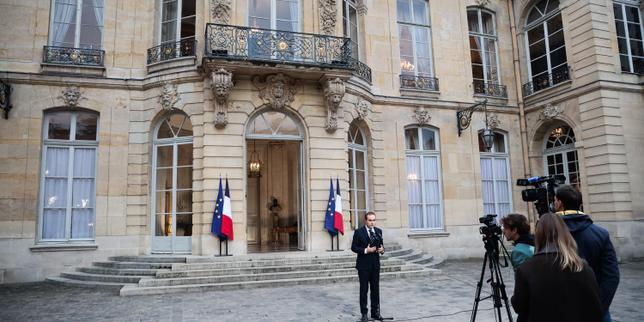Sébastien Lecornu Pledges to Forego Article 49.3 in Budget Passage, Challenging Constitutional Tradition
Prime Minister Sébastien Lecornu announced he will not deploy Article 49.3 to pass the 2026 budget, a rare renunciation of executive power viewed critically amid past overuse under Macron's presidency.
- • Lecornu announced on October 3, 2025, he will not use Article 49.3 to pass the budget without a vote.
- • Article 49.3 allows the government to bypass parliamentary approval, a power historically used to expedite legislation.
- • The decision contrasts with prior use, notably under President Macron, and reflects criticism of executive dominance.
- • Constitutional expert Anne Levade explains Article 49.3 was intended to aid parliamentary rationality, not consolidate executive power.
Key details
On October 3, 2025, French Prime Minister Sébastien Lecornu made a noteworthy announcement at Matignon, declaring he would renounce the use of Article 49, paragraph 3 of the French Constitution to pass the 2026 budget without a parliamentary vote. This constitutional mechanism, which permits the government to enforce legislation bypassing parliamentary approval, has historically been a tool to secure quick passage but has been widely criticized for concentrating power in the executive branch.
Lecornu's decision marks an unusual departure from precedent, as it relinquishes a significant government power, although it does not abolish Article 49.3 itself. Constitutional law professor Anne Levade of Paris-I Panthéon-Sorbonne noted that this is an uncommon move for a Prime Minister, emphasizing the article was originally designed by Michel Debré to discipline parliamentary majorities, facilitating legislative efficiency, especially when an absolute majority is lacking.
Lecornu acknowledged the negative perceptions of Article 49.3, particularly under President Emmanuel Macron, where it became viewed as emblematic of executive overreach. His pledge reflects broader discontent with the article's use under Macron's administration and signifies a political choice to engage more directly with parliamentary debate and approval processes.
This development signals an evolving stance toward democratic governance in France’s Fifth Republic, challenging traditions of executive control over budget legislation while maintaining constitutional integrity. The political implication is considerable, setting a new tone in government-parliament relations heading into the 2026 fiscal year.
This article was translated and synthesized from French sources, providing English-speaking readers with local perspectives.
Source articles (2)
Source comparison
Latest news
Middle East Conflict Sparks Surge in French Fuel Prices Amid Supply Concerns
Macron Announces Major Shift in France's Nuclear Policy with Increased Arsenal and European Integration
French Government Prioritizes Safety of Nationals Stranded Amid Middle East Conflict
French Prisons Reach Record Overcrowding with 86,645 Inmates as of February 2026
Pau's Local Election Campaign Gathers Momentum Amid Broader Political and Economic Concerns
French Companies and Regions Accelerate Efforts in Nature-Related Economic Transition
The top news stories in France
Delivered straight to your inbox each morning.

